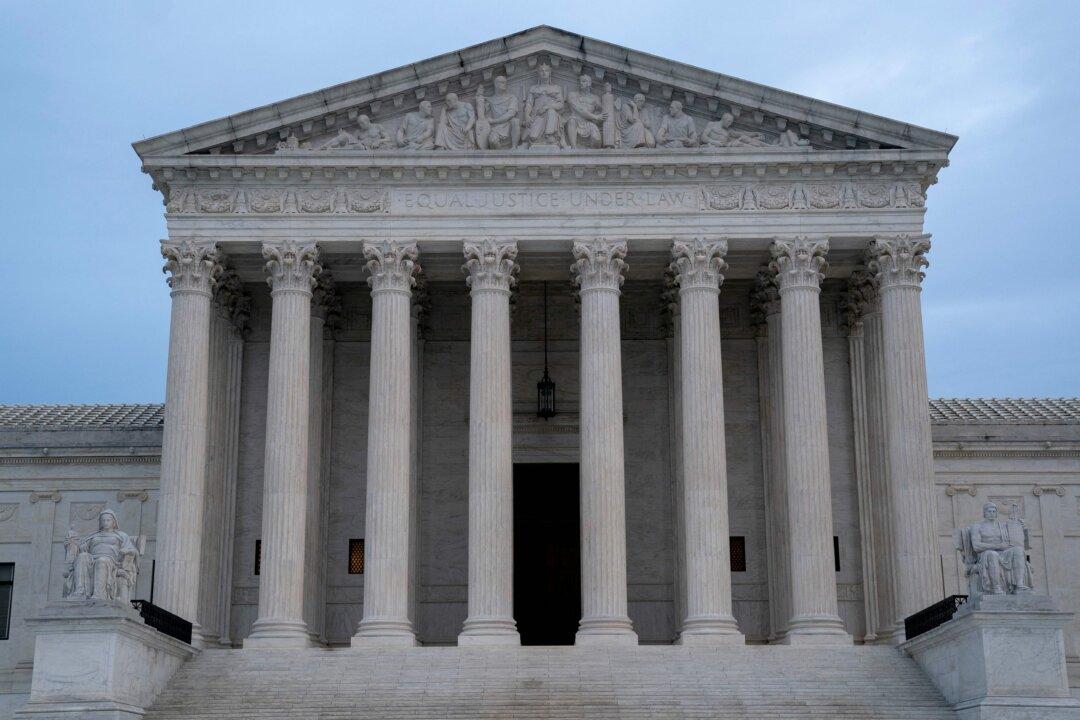The Supreme Court decided on Nov. 21 not to take up the case of a California nursing home operator that is trying to avoid a lawsuit filed in state court over the COVID-19-related death of a resident by moving it to federal court to obtain legal immunity.
Ricardo Saldana died in March 2020 at age 77 after living for six years at a nursing home run by Glenhaven Healthcare in Glendale, California. Two months later, his family sued in state court, claiming the company was liable for elder abuse, custodial negligence, willful misconduct, and negligence.





